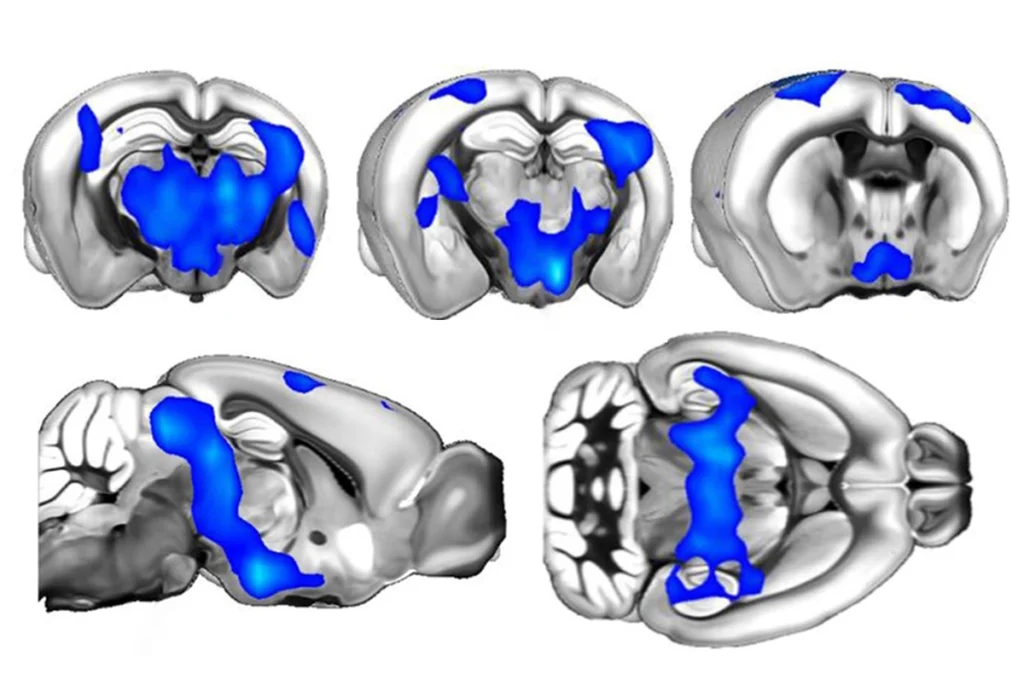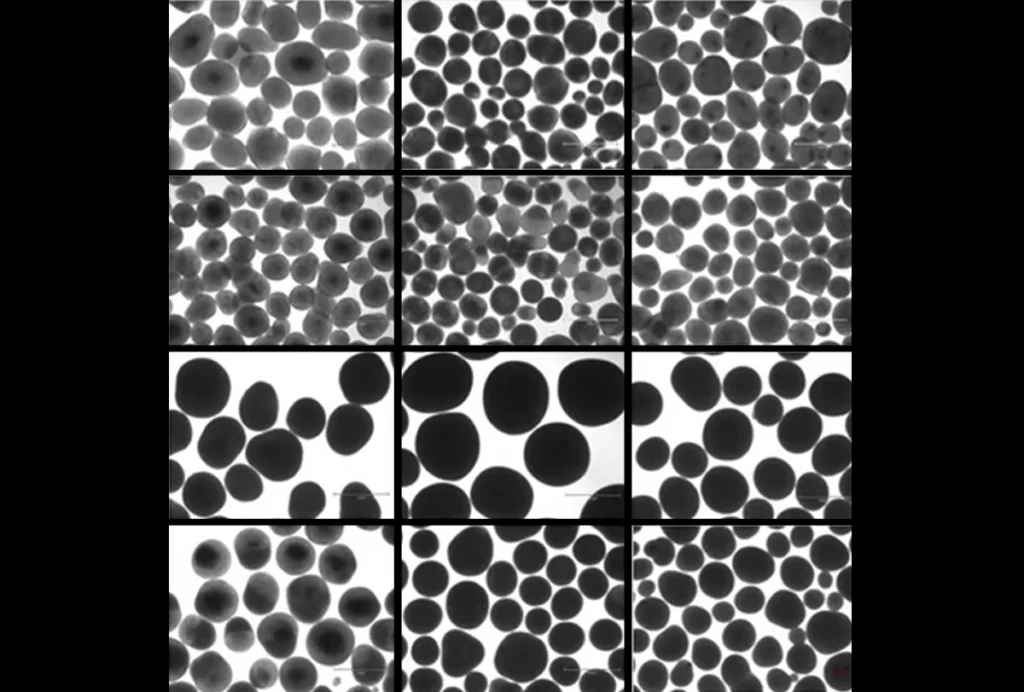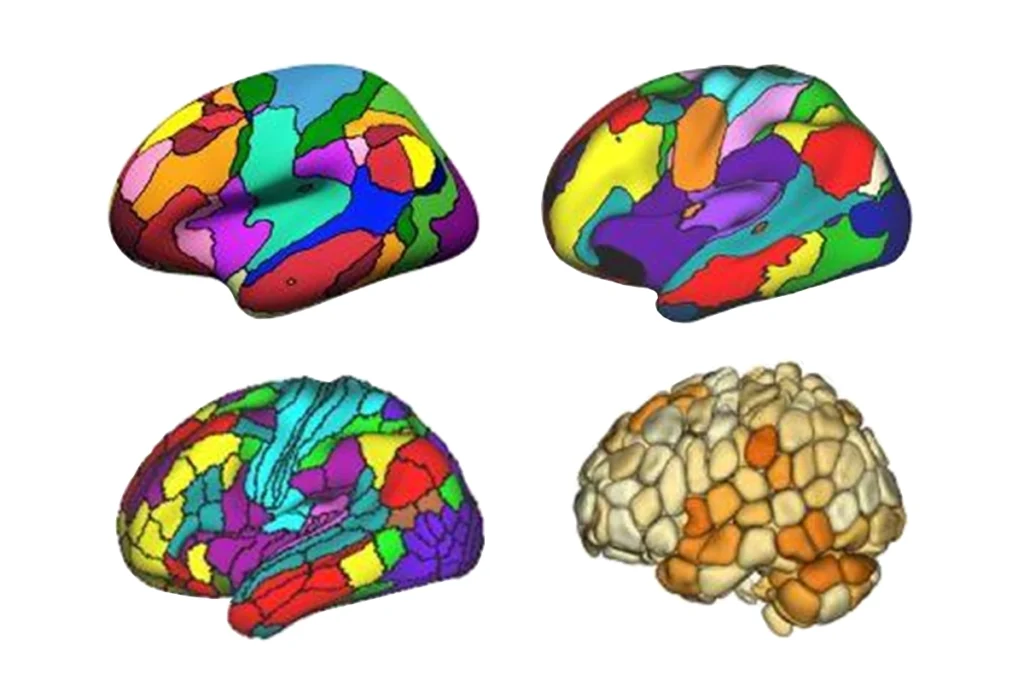- A study protocol in Canada describes plans to follow 1,300 children to explore factors that enhance adaptive functioning in the period between autism diagnosis and starting school. BMJ Open
- Parent-and-me classes may improve social communication, joint attention and play in children under 2 years old with early signs of autism. Infant Behavior and Development
- People with 22q11.2 deletion, which has been linked to autism, have a 12- to 23-fold greater likelihood of having meningomyelocele, a severe type of spina bifida, than those in the general population. Science
- Having parents with psychiatric conditions ups the likelihood that a child will be diagnosed with autism, according to a population study in Sweden and Finland. The Lancet Regional Health – Europe
- The psychoactive drug MDMA increases the social transfer of pain and analgesia in mice—a model of empathy—and ameliorates deficits in these behaviors in SHANK3-deficient mice—a model of autism. Science Advances
- Infants with autistic siblings have weaker functional connectivity between the amygdala and the visual cortex. Spectrum covered the atypical development of the brain’s visual system in baby sibs two years ago. Cerebral Cortex
- Autistic youth who show signs of depression tend to do so in early adolescence, whereas their non-autistic peers generally do so with the onset of puberty in middle adolescence. Molecular Autism
- Associations between different patterns of maternal autoantibodies and patterns of cytokine and chemokine profiles in newborns later diagnosed with autism may contribute to the children’s atypical neurodevelopment. Cerebral Cortex
- Rare autism-linked gene variants that are not located on the sex chromosomes appear to have similar effects on cognitive and motor development in men and women, according to a preprint. medRxiv
- Mice that carry GRIN2B variants, a model of autism, show sensory sensitivities and a hyperactive and hyperconnected anterior cingulate cortex. Molecular Psychiatry
Spina bifida; MDMA effects in a mouse model of autism; maternal autoantibodies
Here is a roundup of autism-related news and research spotted around the web for the week of 13 May.
By
Jill Adams
14 May 2024 | 2 min read
tags:
Recommended reading

Building an autism research registry: Q&A with Tony Charman
By
Cathleen O’Grady
25 July 2024 | 8 min read

CNTNAP2 variants; trait trajectories; sensory reactivity
By
Jill Adams
23 July 2024 | 2 min read

Brain organoid size matches intensity of social problems in autistic people
By
Holly Barker
18 July 2024 | 5 min read
Explore more from The Transmitter

Cerebellar circuit may convert expected pain relief into real thing
By
Angie Voyles Askham
24 July 2024 | 6 min read

New ‘decoder’ tool translates functional neuroimaging terms across labs
By
Holly Barker
23 July 2024 | 4 min read
Cite this article:
